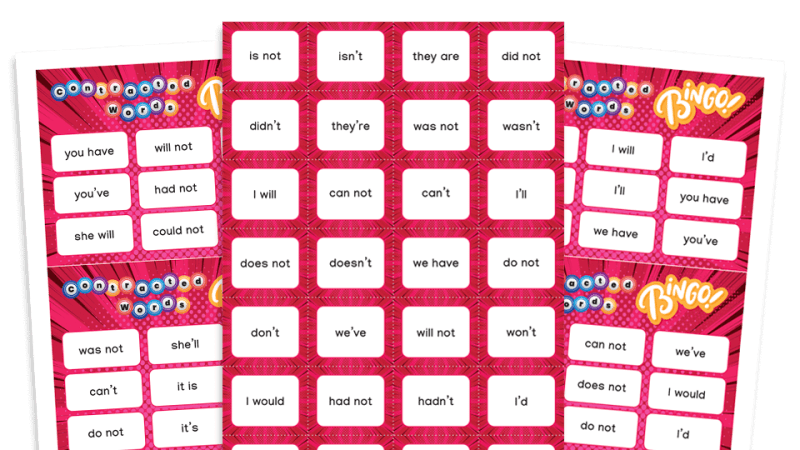Use stories as a springboard into the facts of a topic and create a thirst for knowledge in your classroom

Education is more than lists of facts. Facts are skeletons upon which we build flesh and which house our vital organs

- by Debra Kidd

We’re sitting in class. I am in role as King Acrisius of Argos and I am cross. My class have been told that they are his advisers. The king has been absent for months, consulting the oracle, and on his return he has a problem to share. They have been warned that he is a difficult man and they should take care when speaking to him.
The king tells his advisers that the oracle has informed him that the son of his daughter, Danae, will grow up to kill him. He is outraged and demands that his advisers come up with a solution. And thus we enter the story of Perseus.
We need to step out of the story for a moment or two to gather some facts. What was the oracle? Where was Argos? What was a city state? Where are we in time? What do the children already know about Ancient Greece and Greek gods?
They share their knowledge and we gather it into categories: beliefs, myths, ways of life, geography and power. Then we return to our story.
The advisers are given some time to present their solutions. They must be respectful to the king, thinking carefully about language and gesture. They must also remember that the king loves his daughter, who is only 12 years old.
These constraints ensure that the children heighten their language, use a formal register and don’t immediately suggest killing the child.
Invariably, the children make one of three suggestions: sterilise Danae; wait until a child is born and then kill it; hide Danae away.
The third is the option taken in the story, so in role it’s important to guide the outcome in that direction. Reject dangerous surgery because you don’t want to endanger her life.
Reject killing the child because then your daughter will be spoiled and no one will want to marry her. Choose the option of hiding her away and ask the advisers to create a tower from which it would be impossible to escape.
There must be at least one window from which she can see nature, as she loves the outdoors, but it must be inaccessible. You also ask that she has things in the tower to keep her entertained.
The children need to consider what building materials were available to the Ancient Greeks and what mythical creatures might be called upon to guard the tower. They also need to think about how a young women might occupy her time. What instruments were there? What materials for art? Were there books?
Needless to say, in spite of all of their efforts, the girl has a child – thanks to Zeus. The advisers, while successful in building a tower inaccessible to man, did not consider the Gods: “And so, one evening as the king was taking a walk around the tower, he heard a sound that struck fear into his heart – the crying of a newborn baby…”
And so our scheme continues. Seriphos; Ethiopia, where the Gorgon sisters hid in a cave; the slaying of Cetus; the marriage of Perseus and Andromeda; the accidental killing of an old king in Argos by a stray discus thrown by Perseus; a consideration of the role of fate in Ancient Greek beliefs; the establishment of Mycenae as a Greek centre of power from which came Hercules, and so on.
From stories come context and from context comes knowledge. We can create lists of facts when we teach these rich ancient times, or we can use their stories as springboards to drive our thirst for facts – a thirst created by a need to fill in the gaps and understand.
And behind those facts are deep philosophical questions around fate and the rights and wrongs of blindly following orders.
There are questions, too, around the role of women – is Medusa, for example, really a monster, when her backstory is simply that she was a vain young girl, cursed by a jealous and angry goddess?
Does our view change when we learn that her sisters begged also to be turned into monsters in order to protect her and hid in a cave, far, far away in order not to harm anyone, yet men came to kill them?
Education is more than lists of facts. Facts are skeletons upon which we build flesh and which house our vital organs. These are the stories, the dilemmas, the questions of education. Let’s bring the whole to life.
Debra Kidd has worked in education for over 20 years and has delivered CPD nationally and internationally. Find her at debrakidd.wordpress.com and follow her on Twitter at @debrakidd.











